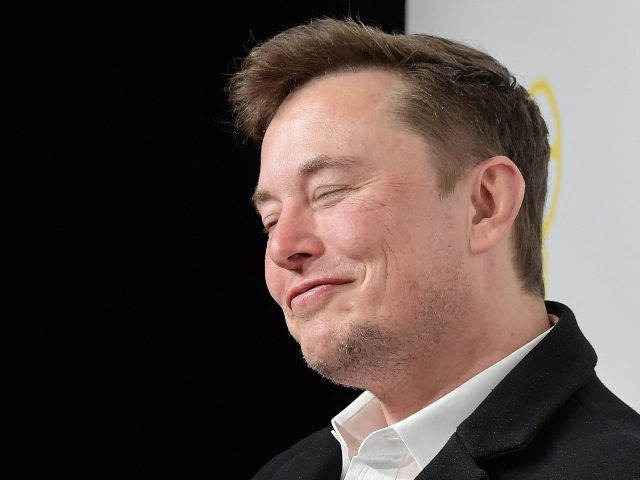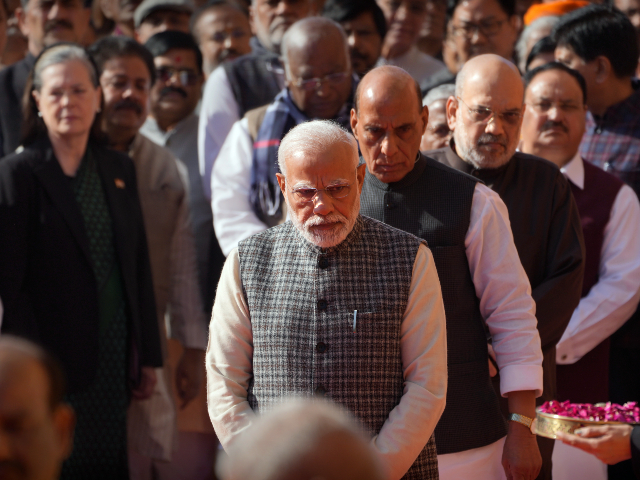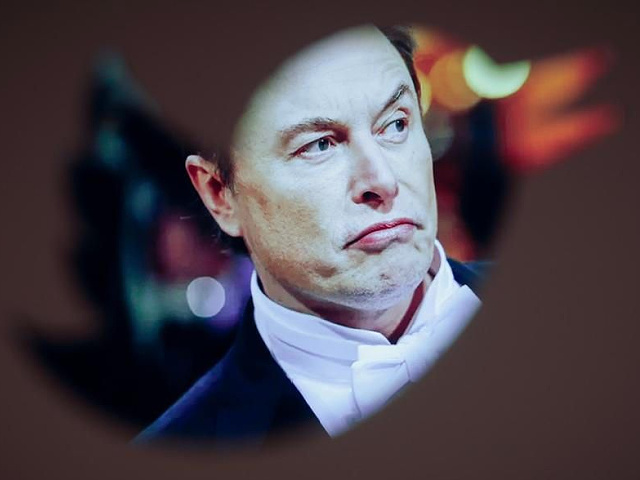Despite being a self-described “free speech absolutist,” Elon Musk’s Twitter has reportedly caved to censorship pressure from a foreign government. Musk has complied with requests from the Indian government to remove a BBC documentary critical of Prime Minister Narendra Modi.
The Intercept reports that the recent crackdown on free speech by the Indian government has reignited discussion about the influence of tech titans and their willingness to abide by requests to censor content. This has been made especially clear by takeover of Twitter by alleged supporter of free speech Elon Musk.
Breitbart News’ John Hayward recently wrote about the Indian government’s war against the documentary.
The documentary is called India: The Modi Question. The BBC felt Modi deserved careful scrutiny because India is “seen by the west as an important bulwark against Chinese domination of Asia.”
The first installment of the planned two-part series covered Modi’s rise in Indian politics, including his ties to various Hindu nationalist organizations, and his controversial tenure as chief minister of the Indian state of Gujarat.
Gujarat was the scene of violence between Muslims and Hindus in the early 2000s, culminating in the murder of 60 Hindu pilgrims when their train was set on fire. The majority Hindus responded with three days of mob mayhem that killed around one thousand Muslims.
The dispute over the documentary kicked into high gear when the Indian government bombarded Twitter and YouTube with hundreds of takedown requests regarding the documentary. Both platforms complied with the directives, despite harsh criticism from activists.
Indian journalist Raqib Hameed Naik told the Intercept: “The government has sent hundreds of requests to different social media platforms, especially YouTube and Twitter, to take down the posts that share snippets or links to the documentary. And shamefully, the companies are complying with their demands and have taken down numerous videos and posts.”
Following the publication of the Intercept’s story, Musk tweeted: “First I’ve heard. It is not possible for me to fix every aspect of Twitter worldwide overnight, while still running Tesla and SpaceX, among other things.” This appears to confirm the fears of many Tesla investors who worried that Musk’s attention between the companies has been too divided following his purchase of Twitter.
Since 2011, the Indian government has issued numerous takedown requests to Google, which owns YouTube. Google has complied with these directives to varying degrees. However, the Modi administration recently announced plans to impose a regulatory framework that will define what counts as “fake news” and order tech companies to remove the content. Activists and journalists are concerned that this will lead to further restrictions on their right to free speech.
Mahua Moitra and Derek O’Brien, members of the Indian Parliament from the opposition party, the All India Trinamool Congress party, posted links to the documentary online in defiance of the censorship rulings. “Sorry, Haven’t been elected to represent world’s largest democracy to accept censorship,” Moitra posted. “Here’s the link. Watch it while you can.”
The Tweet from Moitra remains but the link to the documentary no longer appears to work. In comparison, O’Brien’s tweet was taken down completely:
A key criticism made when Musk took over Twitter was his business dealings across the world may pose a conflict of interest when dealing with situations such as this. For instance, Musk has business interests in India, where Tesla has lobbied for tax breaks to enter the market but has so far been unsuccessful. This leads many to wonder whether Musk’s willingness to cooperate with Modi’s administration has been influenced by his commercial interests in the country.
Recent controversy has raised concerns about tech companies’ ability to defend free speech in the face of scrutiny from authoritarian governments. Twitter was initially viewed as a potent tool to confront autocratic governments, as evidenced by its use during the Arab Spring and the Iranian protests in 2009. Musk’s remarks, however, imply that he is prepared to abide by local laws regarding speech-related matters.
“Like I said, my preference is to hew close to the laws of countries in which Twitter operates,” Musk tweeted last year. “If the citizens want something banned, then pass a law to do so, otherwise it should be allowed.”
Read more at the Intercept here.
Lucas Nolan is a reporter for Breitbart News covering issues of free speech and online censorship. Follow him on Twitter @LucasNolan



COMMENTS
Please let us know if you're having issues with commenting.